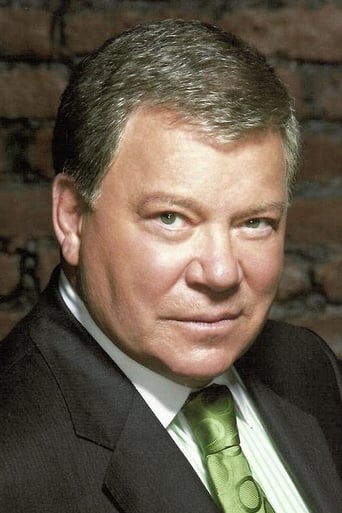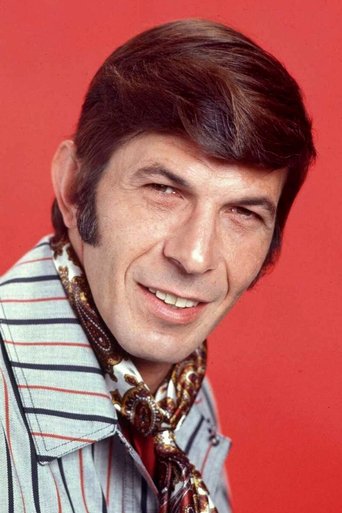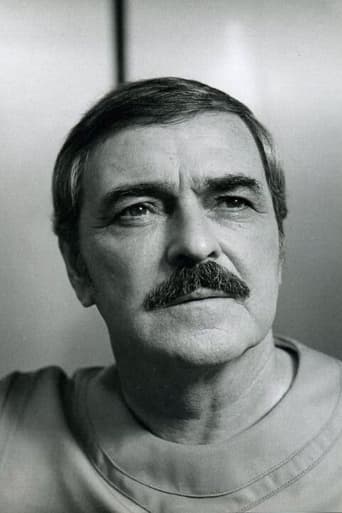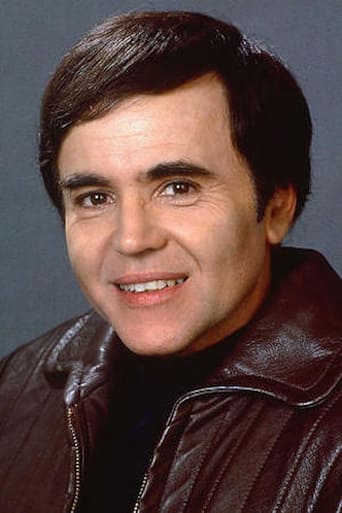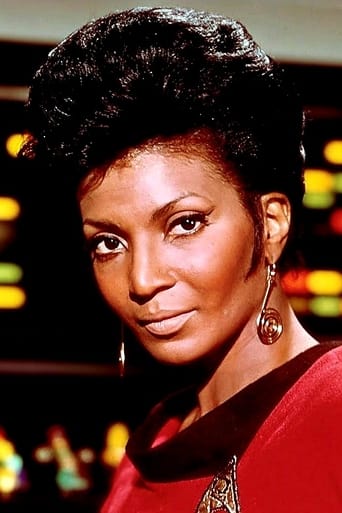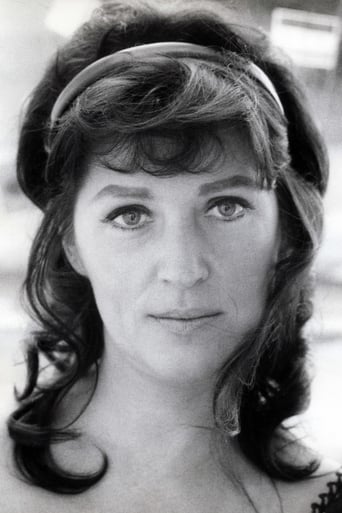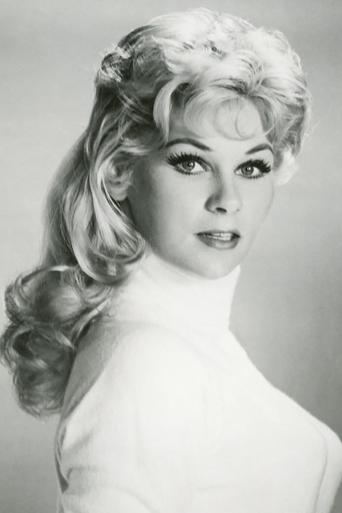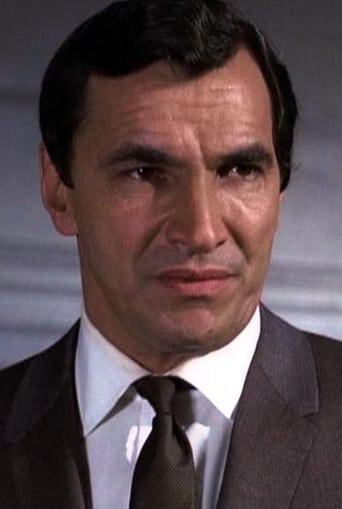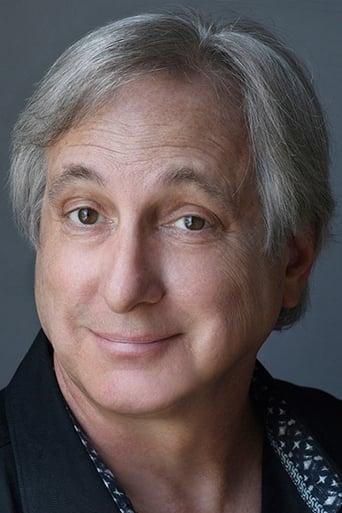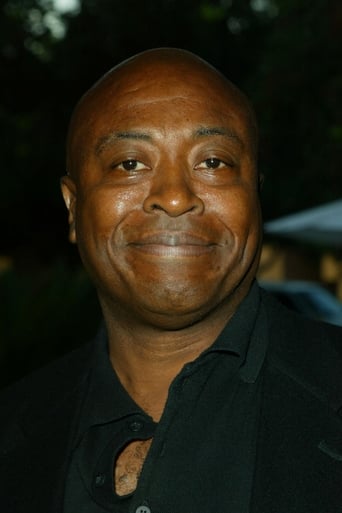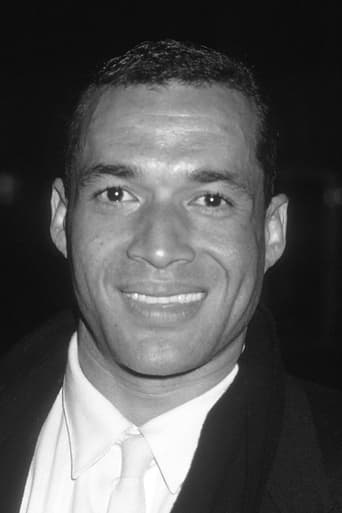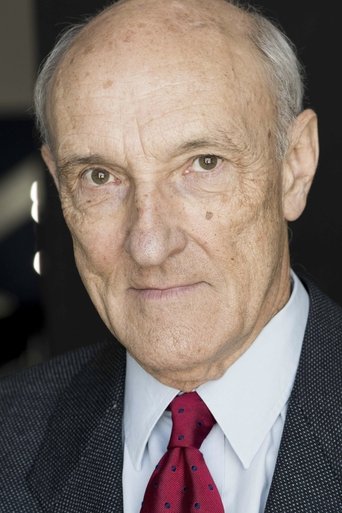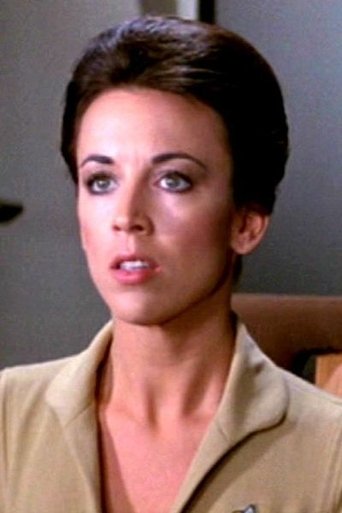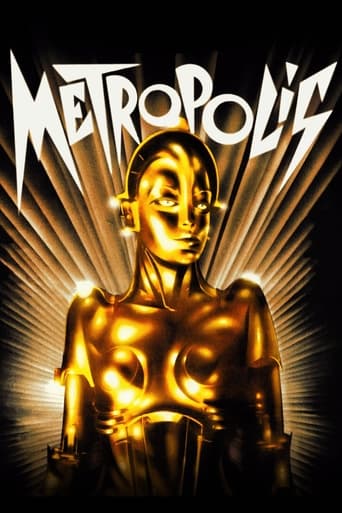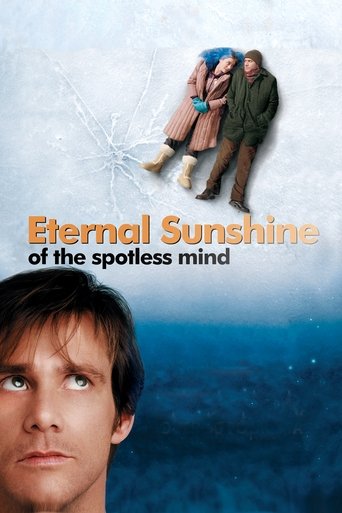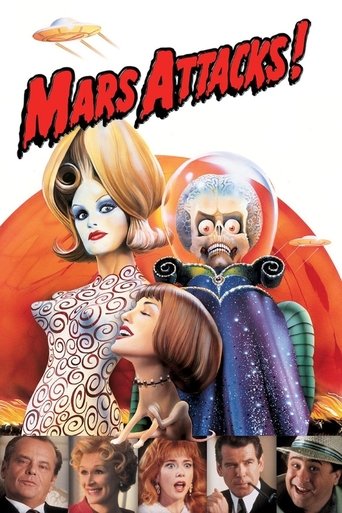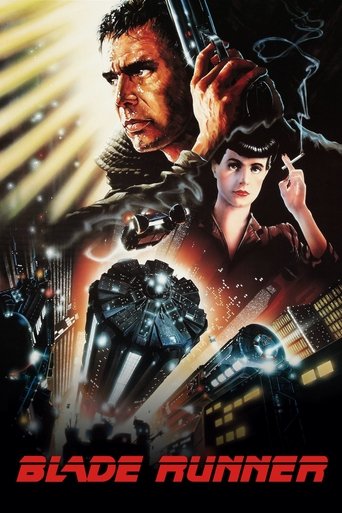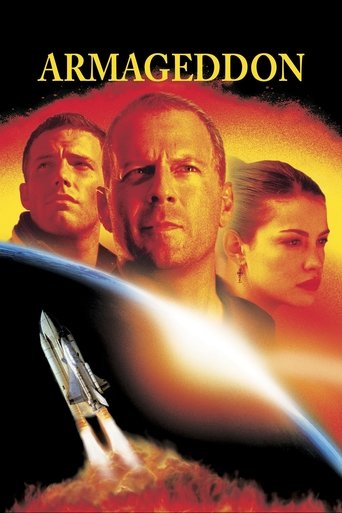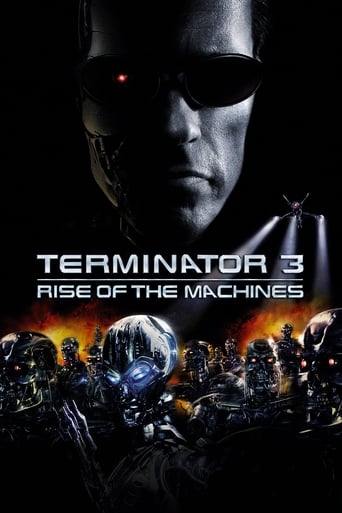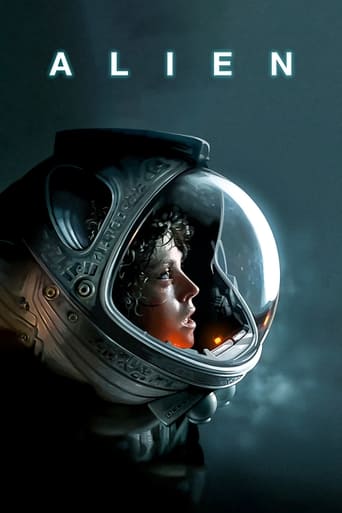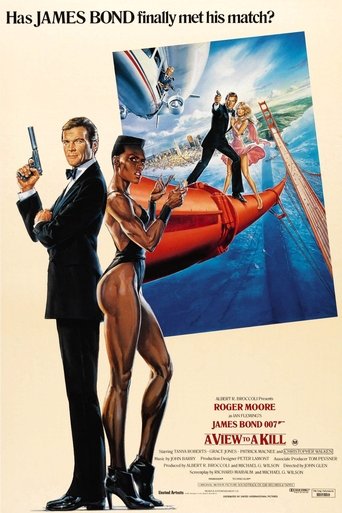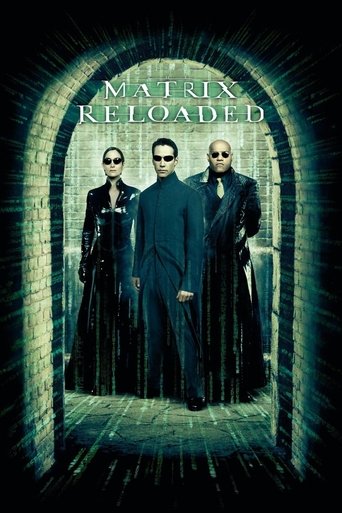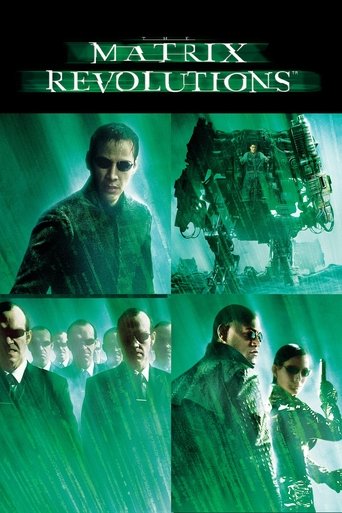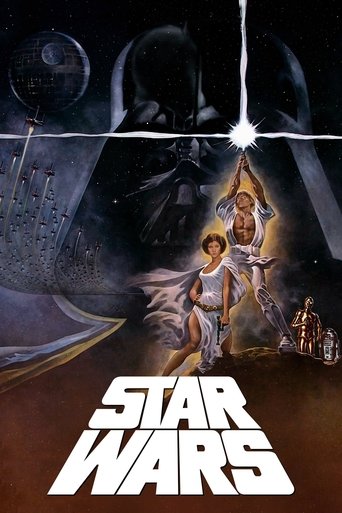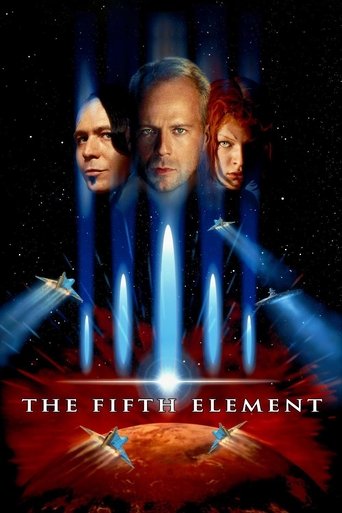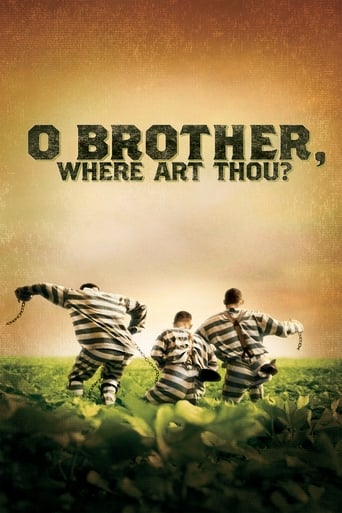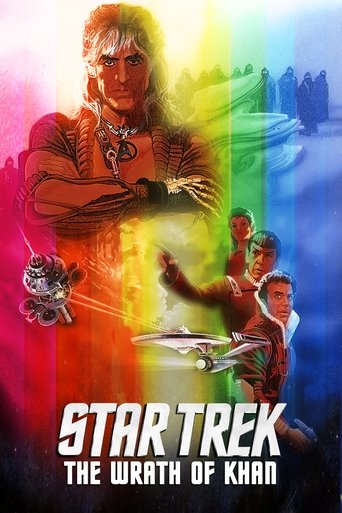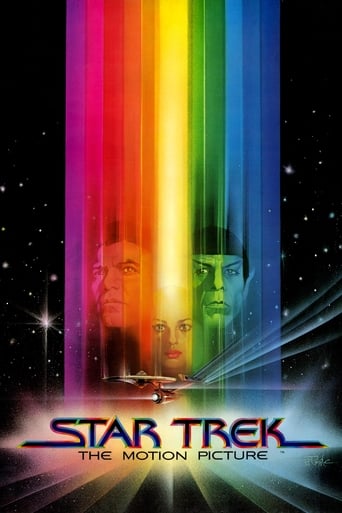
Star Trek: The Motion Picture (1979)
When an unidentified alien destroys three powerful Klingon cruisers, Captain James T. Kirk returns to the newly transformed U.S.S. Enterprise to take command.
- Robert Wise
- Douglas E. Wise
- Daniel McCauley
- Bonnie Prendergast
- Harold Livingston
- Alan Dean Foster
- Gene Roddenberry
Rating: 6.5/10 by 1729 users
Alternative Title:
スタートレック - JP
スター・トレック - JP
Звездный путь: Фильм - RU
Űrszekerek: Csillagösvény - HU
Star Trek: Csillagösvény - HU
Стар Трек 1 - UA
Zvjezdane staze: The Motion Picture - HR
星际旅行1:无限太空 - CN
Star Trek: The Motion Picture - The Director's Edition - US
La Patrouille du Cosmos - CA
Country:
United States of America
Language:
English
Runtime: 02 hour 11 minutes
Budget: $45,000,000
Revenue: $139,346,243
Plot Keyword: spacecraft, man vs machine, artificial intelligence (a.i.), self sacrifice, teleportation, san francisco, california, starship, space opera, reunited friends, outer space, lighthearted, didactic, reminiscent, sentimental, hopeful, melodramatic, sympathetic
***Stands Alone in the Feature Film Series*** A colossal, mysterious space cloud called V'ger travels across the galaxy and threatens Earth, annihilating interlopers along the way ; the origins of V'ger are revealed at the end. "Star Trek: The Motion Picture" (1979) addresses some of the deepest questions of life: Is this all there is? Why are we here? Does love exist since it cannot be proved via pure logic? Who is the Creator? The core message is the intrinsic need to seek one's Creator and reconcile in order to attain a (necessary) higher level of consciousness. Those found the film boring simply failed to penetrate beyond the surface. Like the Star Trek episodes "The Corbomite Maneuver" and "Metamorphosis," “The Motion Picture" (TMP) is a mature, cerebral sci-fi story with very little action. Most kids and young adults won't like it or grasp it. It's depth is evidenced by the emotional wallop experienced when Spock grasps Kirk's hand in Sickbay, truly revealing emotion despite his conflicting desire to attain a consciousness of pure logic; or later when Spock weeps for V'ger and comments on its personal dilemma, which perfectly coincides with Spock's own search for fulfillment: "As I was when I came aboard, so is V'ger now: empty, incomplete and searching. Logic and knowledge are not enough... Each of us at some time in our lives turns to someone — a father, a brother, a God — and asks, 'Why am I here?' 'What was I meant to be?' V'ger hopes to touch its creator to find its answers." Another powerful sequence is a crewman's self-sacrificial fusion with V'ger so that it may evolve to the next level of awareness (seemingly self-sacrificial, that is). My conclusion on the film runs parallel to Roger Ebert's comments: "My inclination, as I slid down in my seat and the stereo sound surrounded me, was to relax and let the movie give me a good time. I did and it did." In other words, just accept the film as is, and you WILL be entertained ; put on a pot of coffee (you're gonna need it, lol), kick back and relish the movie magic. Let me add that TMP was one of the most expensive films of its time, but it did well at the box office and thus made a decent profit, a testimony to how hungry the public was for Star Trek after ten long years (since the cancellation of the original TV series in '69). In fact, aside from "Star Trek IV: The Voyage Home" (1986), TMP is still the most profitable of all the Star Trek feature films with the whole original cast (Making FOUR TIMES its expense worldwide); it therefore can't very well be the cinematic turd that many critics claim. Also, consider the fact that TMP made more at the box office than the acclaimed films "Alien" and "Apocalypse Now," both released the same year. I should add that, although this film is an "Grade A" picture as far as epic, awe-inspiring pieces of cinematic art go, I understand why some would grade it lower. In such cases I suggest making the necessary psychological adjustments and watching it again as it is more along the lines of "The Cage" than "The Doomsday Machine.” TMP is the sole Star Trek film that aspires to and attains a level of cinematic awe along the lines of "2001: A Space Odyssey." Actually, TMP is leagues better IMHO. "2001" lacks characters to care about; it's also cold and overly artsy, with way too many unnecessarily boring sequences. TMP, by contrast, has heart. Not to mention an interesting story that delves into the deepest of all universal questions. Say what you will, but "The Motion Picture" towers alone, utterly unique in the feature film series — a profoundly spiritual TRIUMPH. The movie runs 2 hours, 12 minutes. GRADE: A
BORING. I mean, it opens great. The first few minutes sort of give you the impression that this movie is going to be epic... ... and then the rest of it is best spent looking at your phone, cleaning your finger nails, watching linoleum curl, defrosting your freezer... ... finding anything else you can do as it plays in the background just to keep you form dying of Boredom. And I say this as a Star Trek fan.
To be fair, this film does pick up quite plausibly from the television series. The characterisations are roughly the same, if somewhat older - and that does help give it some cohesion; but the opening scene goes on interminably. The premiss is stretched to breaking point and riddled with metaphors and pseudo-philosophical clichés; and there is precious little action. Persis Khambatta who plays "Ilia" - the conduit between the all powerful alien power and our gang of intrepid adventurers - is almost robotic and sterile; as is the general plot of the film. It seems lost between an adventure film and one with a deeper message to convey; as such it delivers well on neither front. Luckily, there were more, better, films to follow - but this one is best forgotten.

